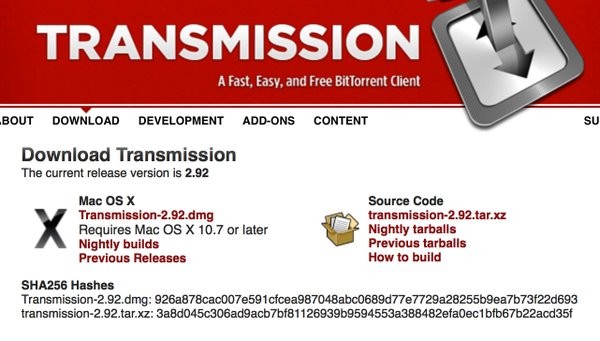Users of Apple Mac computers are said to be the target of hackers now. This was revealed by Palo Alto Networks, a security company, after they discovered some hackers were using a software called ransomware to extort money from Apple computer users.
On Sunday, March 6, researchers from Palo Alto told Reuters that hackers released the "KeRanger" malware over the weekend, as they start their drive against Mac computers. Likewise, Ryan Olson, Palo Alto Threat Intelligence Director, explained that the said malware is the very first working ransomware to attack Apple's Macs.
"This is the first one in the wild that is definitely functional, encrypts your files and seeks a ransom," the director said in a phone interview.
Ransomware is one of the menacing cyber threats and it is growing fast. It works by encrypting and locking data on computers. The hacker will then ask the user for ransom money so that the data could be retrieved via electronic key.
Moreover, Palo Alto networks revealed that KeRanger was designed to stay quiet for three days so it cannot be detected. Once the computer is infected, it will automatically connect to the hacker's server and the encryption of files will begin and the user will not be able to access them anymore.
Based on estimation by cyber security experts, the ransoms collected by hackers can reach several millions of dollars per year. These were usually collected from Microsoft Windows OS users.
According to Palo Alto Network research center press release, cyber criminals was able to attack and infect Macs via a corrupted copy of a frequently used program called Transmission. Once users downloaded the version 2.90 of the said computer program, the ransomware is eventually released and infects the machine.
In response, Transmission advised users to update the program by installing the version 2.92 update. The installation of the update will remove the malware in Macs.
As for Apple, a rep of the company said that they have already taken steps to stop and prevent more infections. They did this by canceling the digital certificate that allowed the bad program to install in Macs.
In the clip below, CNET warns Mac users about malware attacks:



























